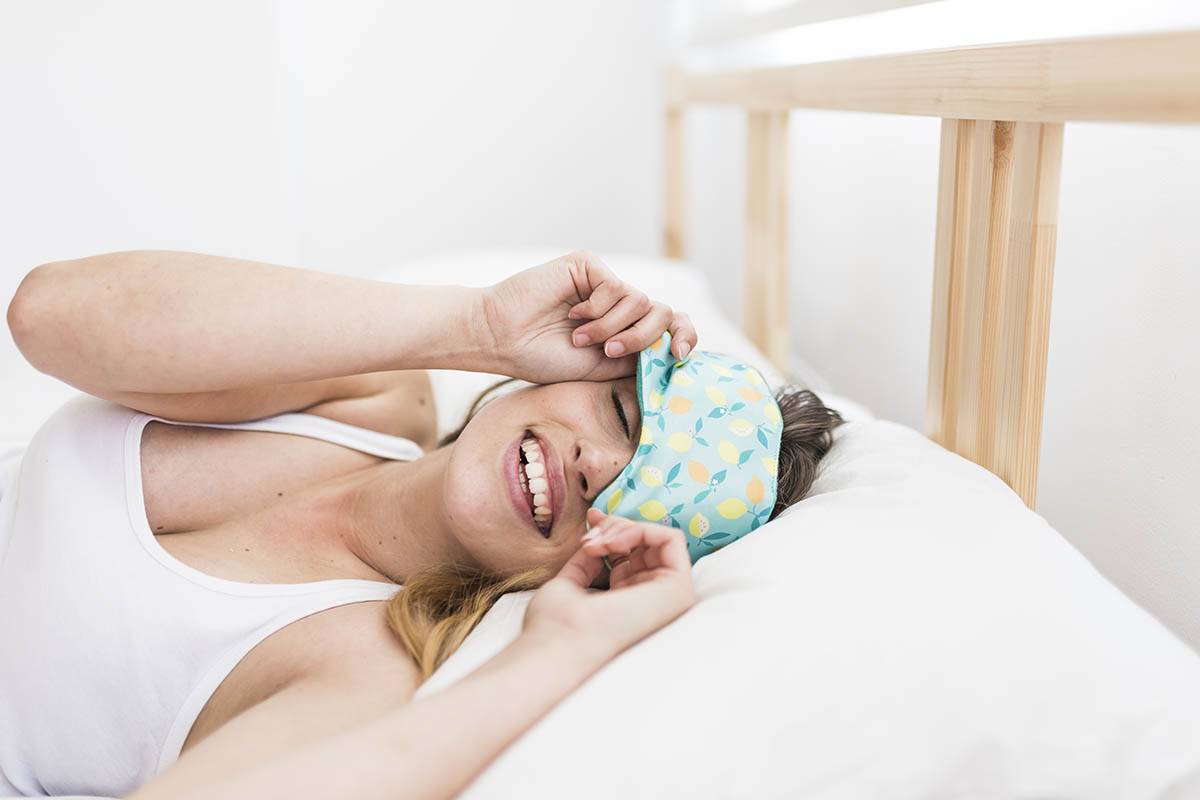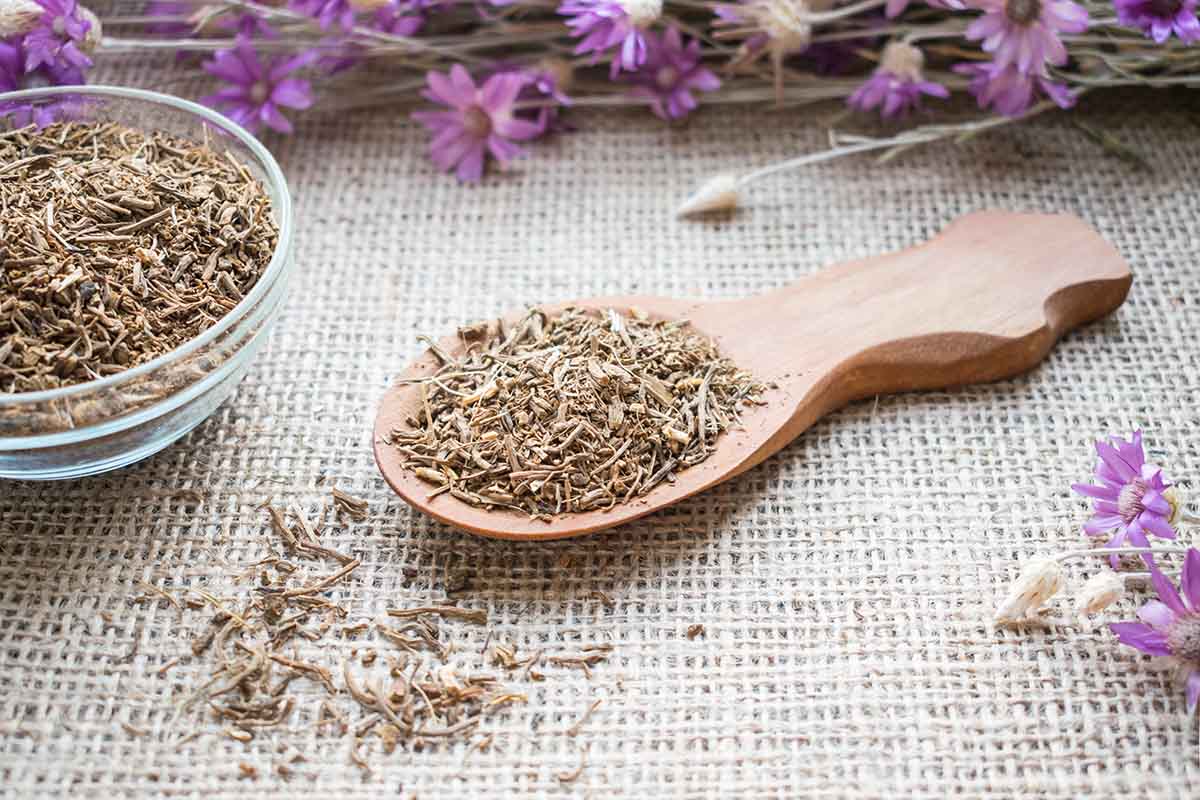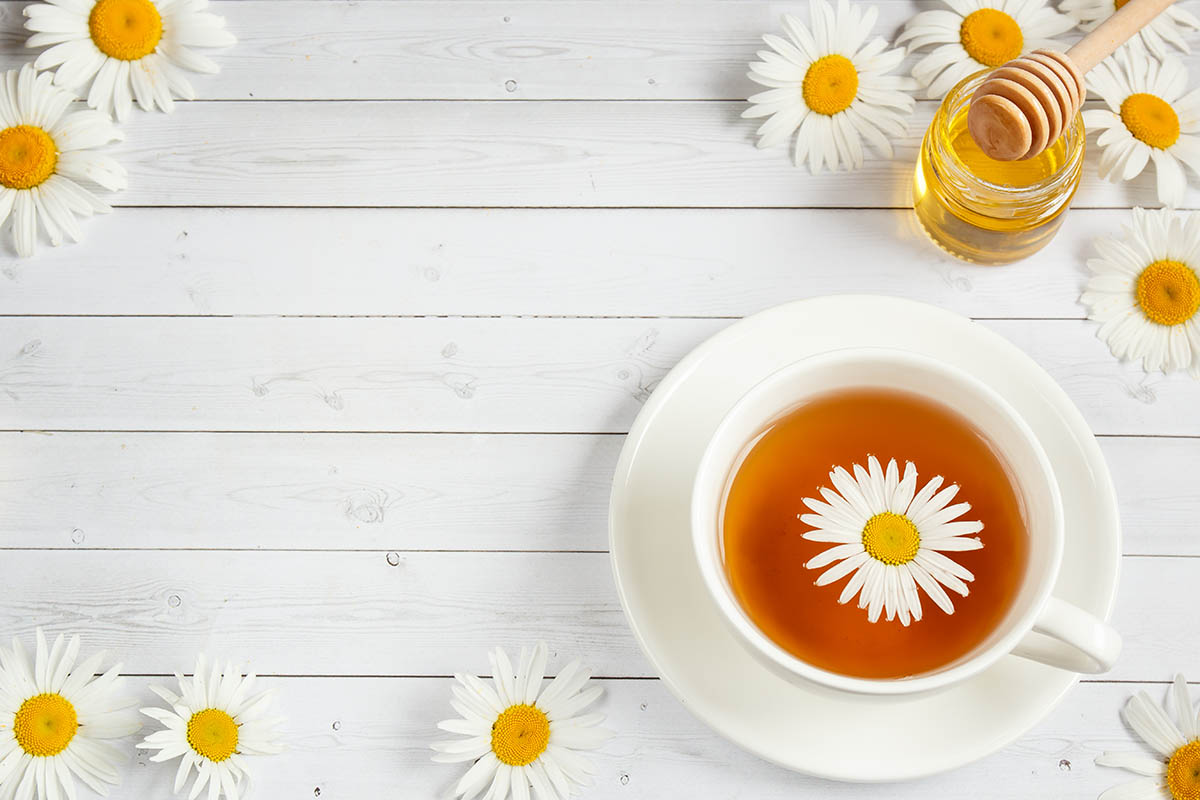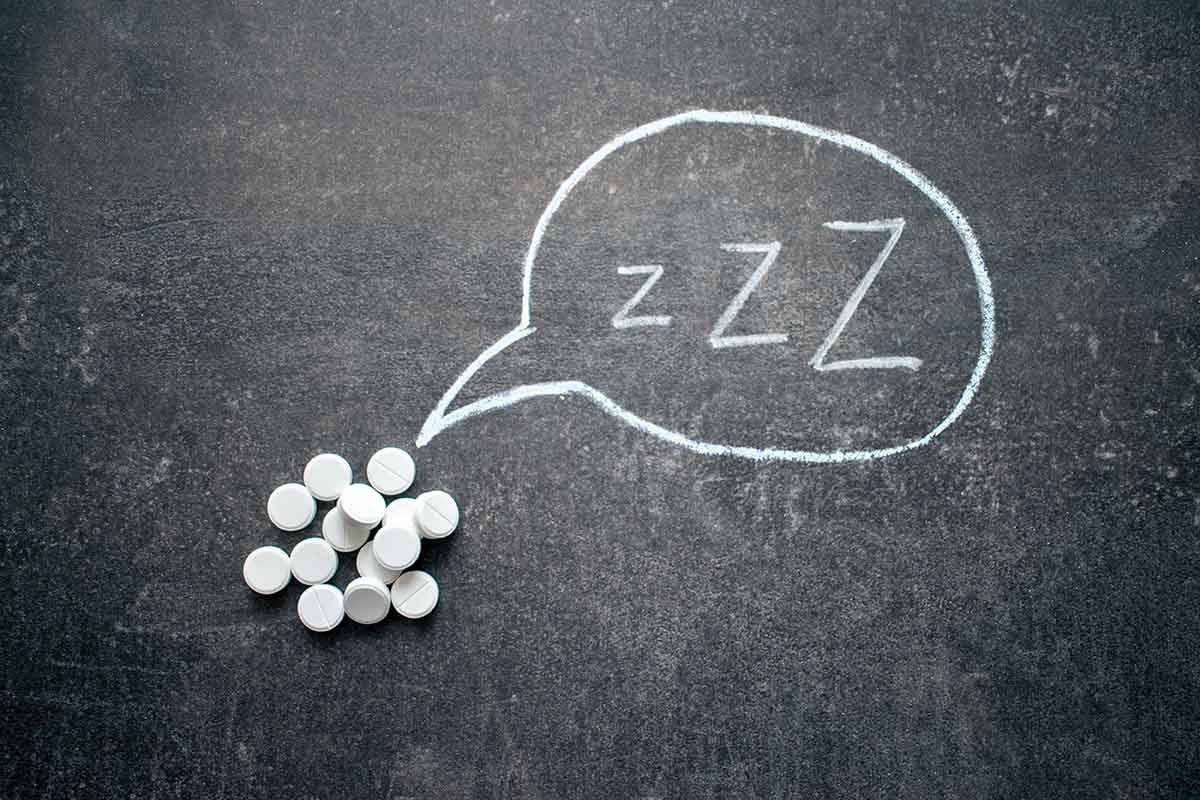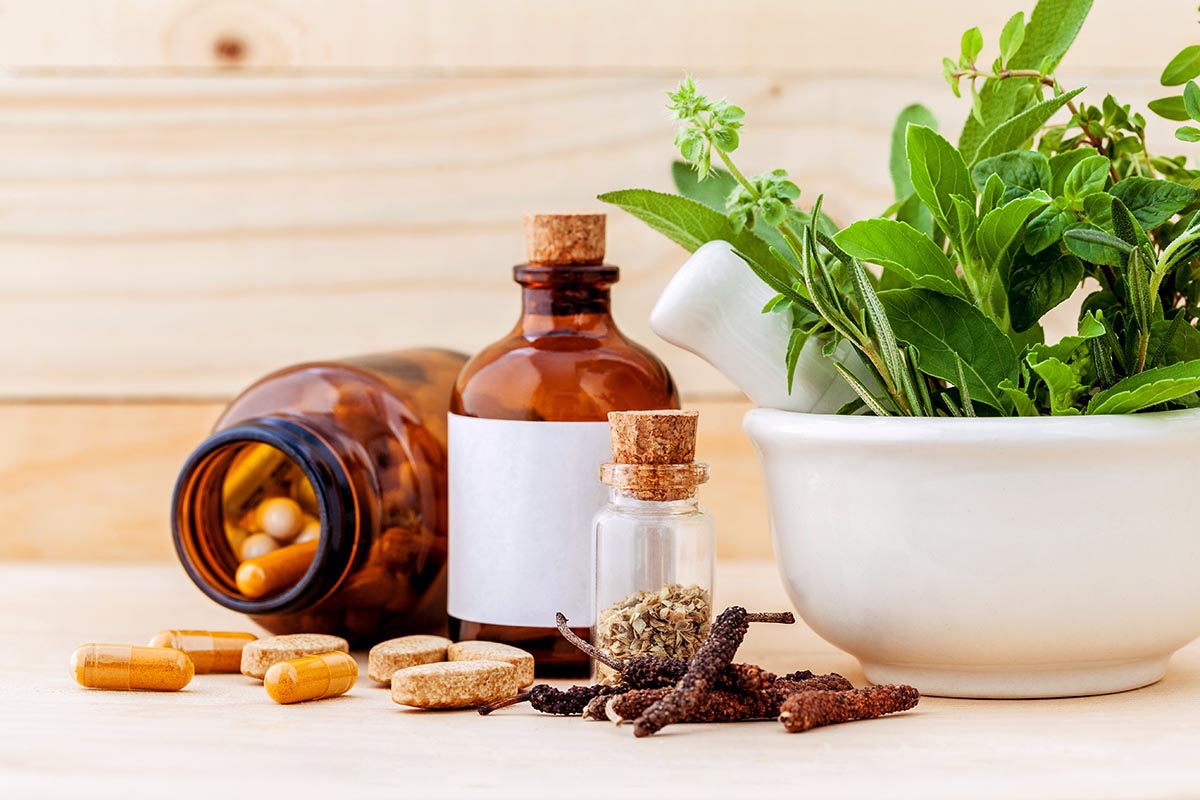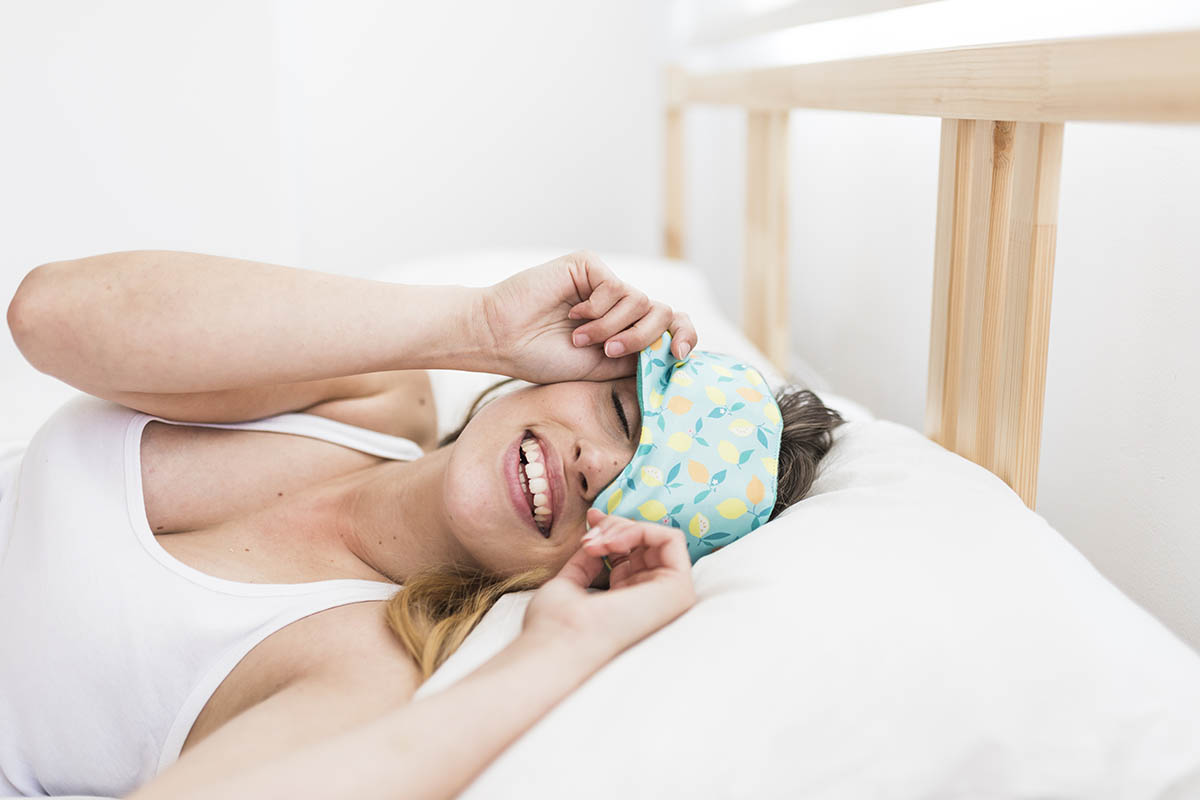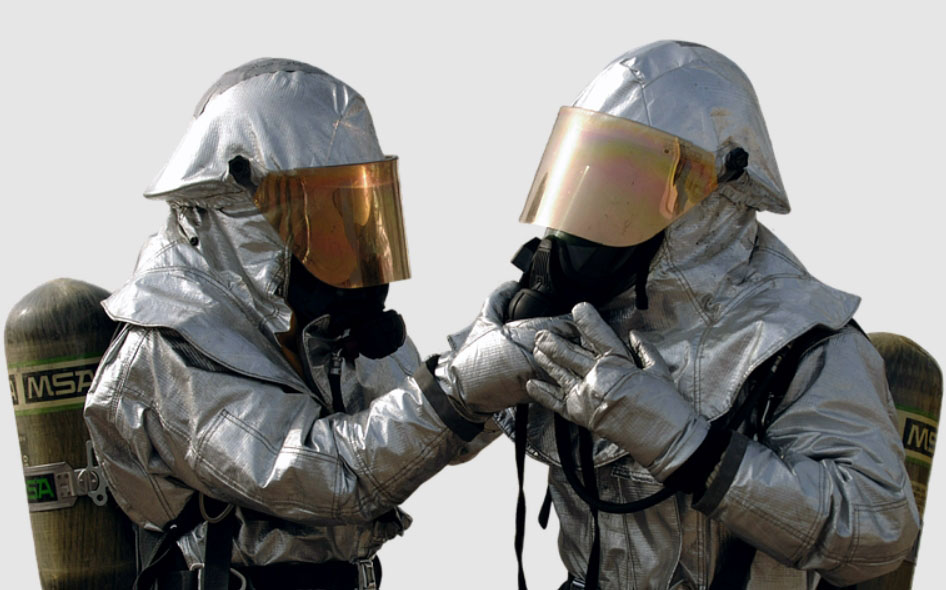Herbal Remedies for Insomnia you Need to Check
Insomnia is not a new or uncommon term for most people. However, for the avoidance of doubt, we will define the term. Physicians define insomnia as a condition in which the sufferer finds it difficult to fall asleep or stay asleep even when they get the chance to do so. You might have the best mattress in the world and the ideal sleeping conditions, and you still can’t seem to get a good night’s sleep.
Although insomnia is often a symptom of an underlying condition, it does present its symptoms. Some of them include: finding it hard to fall asleep at night, waking in the middle of the night, or waking up earlier than planned.
Insomnia often impacts negatively on the life of the patient. For instance, it could lead to mood swings, anxiety, lethargy, and irritability, all of which are bad for you. For this reason, it is essential to seek urgent medical help once you pick up on any symptom of insomnia.
Thanks to technology, a lot has been done to help insomniacs get better sleep. Some technological improvements include better mattresses, white noise machines, and special lights.
However, for chronic insomnia cases, all these are often not enough, and the individual might need more. One of the many ways to tackle insomnia is to turn to herbal remedies. Because they are natural, they pose fewer side effects. But, it’s best to seek professional advice before using any natural remedy if you are on medication. Some of these herbs could interfere with certain medicines.
Valerian root
According to research, the root of Valeriana officinalis may help to induce sleep. It can also help to maintain good sleep. The conclusion on just how safe and effective Valerian roots are is yet to be reached. It is going to take more research before those can be concluded.
However, Valerian root has still yielded some positive results in insomniacs. For example, a Norwegian study found out that it helped 1 in 13 insomniacs sleep for longer. Another study from Iran showed that 30% of menopausal insomnia cases were alleviated with Valerian tea. This herb may interfere with medication, though. Plus, it also has a few side effects. Furthermore, Valerian roots aren’t very safe for small children or pregnant women.
Chamomile
Chamomile is a popular herb of choice when treating insomnia. Apparently, it contains flavonoid apigenin, which helps to calm the brain.
Just how effective this herb has yet to be confirmed by scientists. However, the US Food and Drug Administration considers it a safe herb. No adverse effect has been linked to the use of Chamomile yet.
Nevertheless, if you do react to chrysanthemums, ragweed, or any other member of the Compositae family (like sunflowers or daisies), Chamomile might not be great for you. If you’re sensitive to any of these, taking Chamomile might cause you to develop allergies – it helps you to fall asleep fast.
Melatonin
Melatonin is a hormone secreted in the brain that helps you fall asleep. When taken as a supplement, it could help you fall asleep even faster. This hormone is usually triggered by the absence of light and keeps our circadian rhythm functioning normally.
So essentially, at night, it ensures that we are tired so we can sleep. And during the day, it keeps us alert mentally and physically.
Studies show that melatonin supplements improve the quality of sleep. In average cases, they helped to increase sleep time by up to 13 minutes. Nonetheless, for effectiveness to be achieved, you need to take the supplements at the right dose and at the right time.
This brings us to this fact: no one is quite sure of the appropriate dosage of melatonin needed for effectiveness. However, its adverse effects are, thankfully, pretty minimal. According to WebMD, though, using over-the-counter melatonin supplements can increase normal melatonin levels in your body by up to 20 times.
Like any other natural treatment, please consult your physician to be sure that melatonin is good for you before using it.
Passion Flower
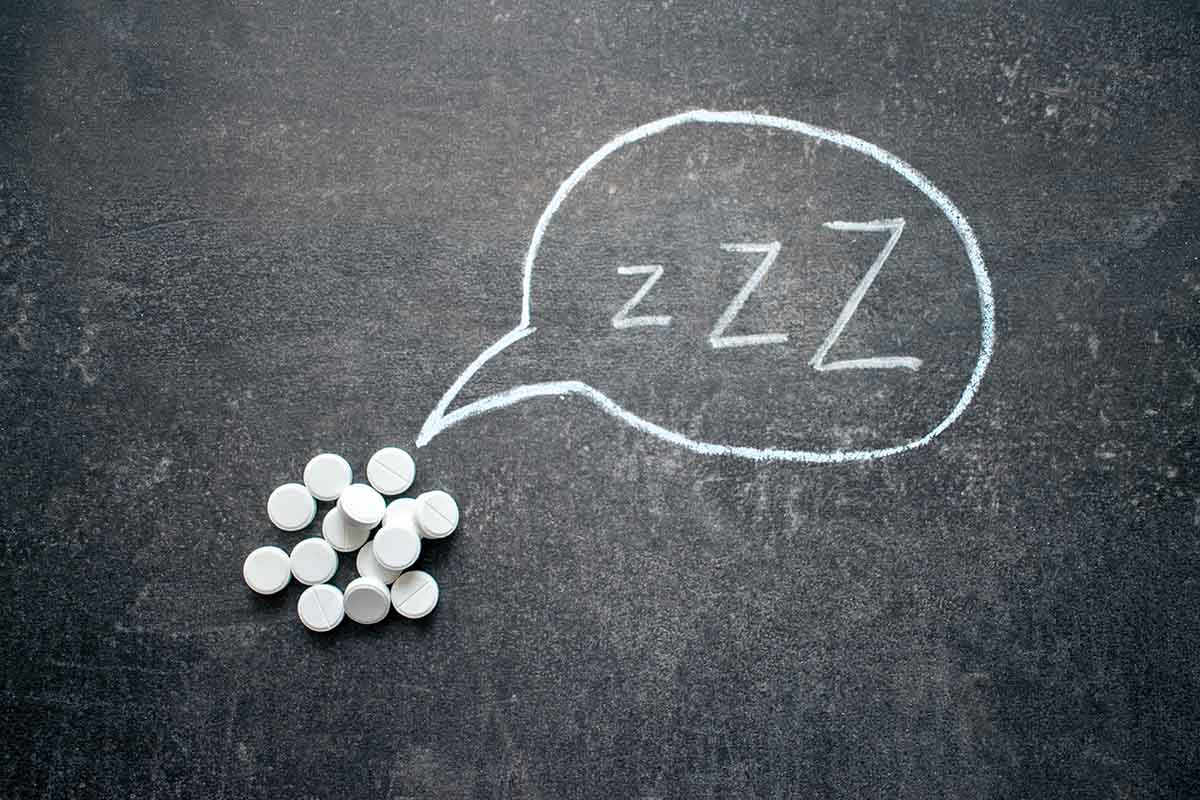
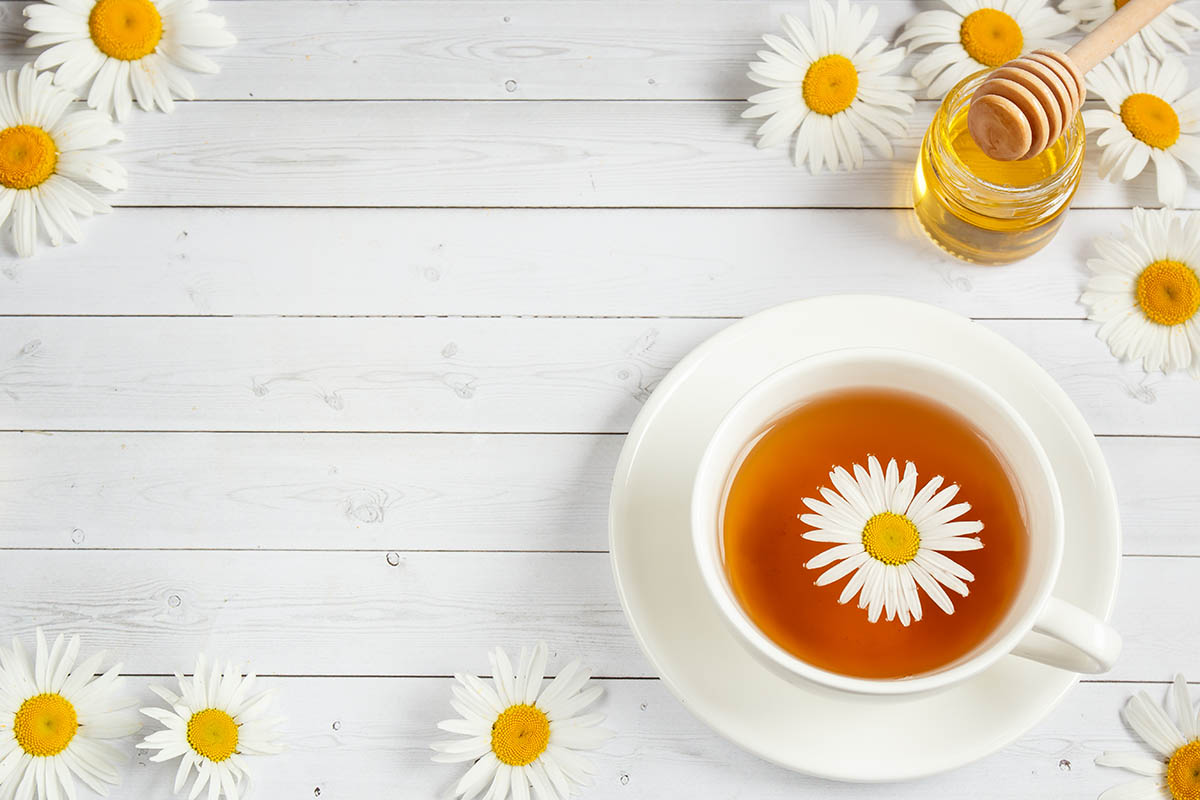
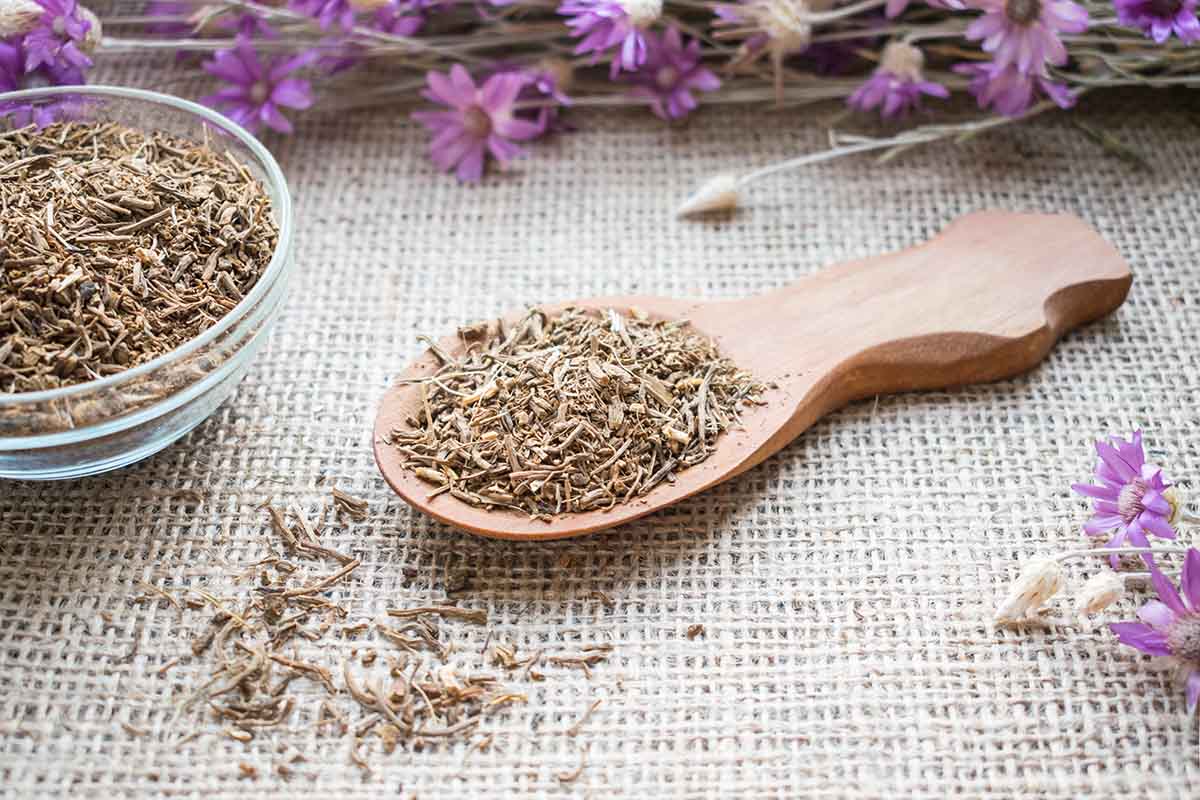
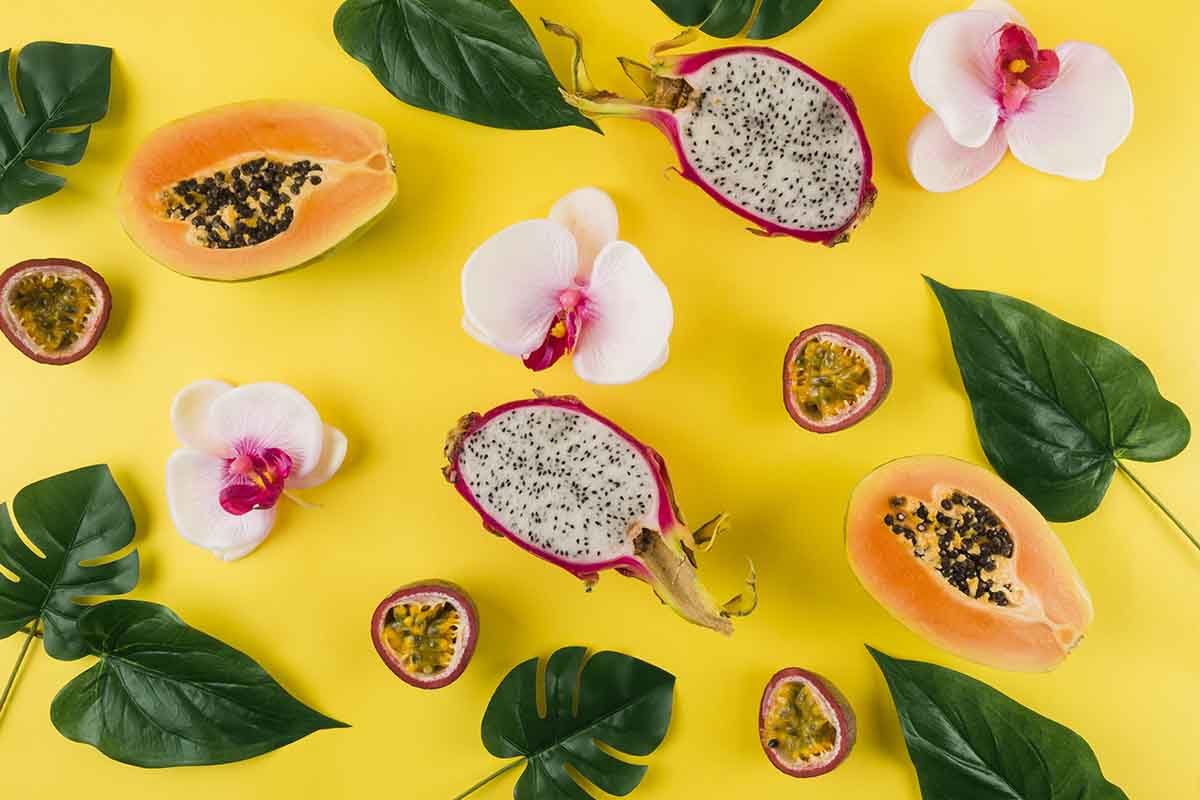
According to a recent study done by Monash University in Australia, a cup of passionflower tea can improve sleep quality.
Homeopathy as a Part of Herbal Remedies for Insomnia
This is a type of holistic medicinal approach that involves using alternative natural sources to treat physical symptoms. Practitioners usually administer treatment based on the particular symptom presented. For instance:
Coffe is a crude for insomnia triggered by coffee or caffeine.
Ignatia for insomnia brought on by grief.
Kali phosphoricum for insomnia caused by anxiety or depression.
Aside from the remedies mentioned above, other options you could try are warm milk and St. John’s wort.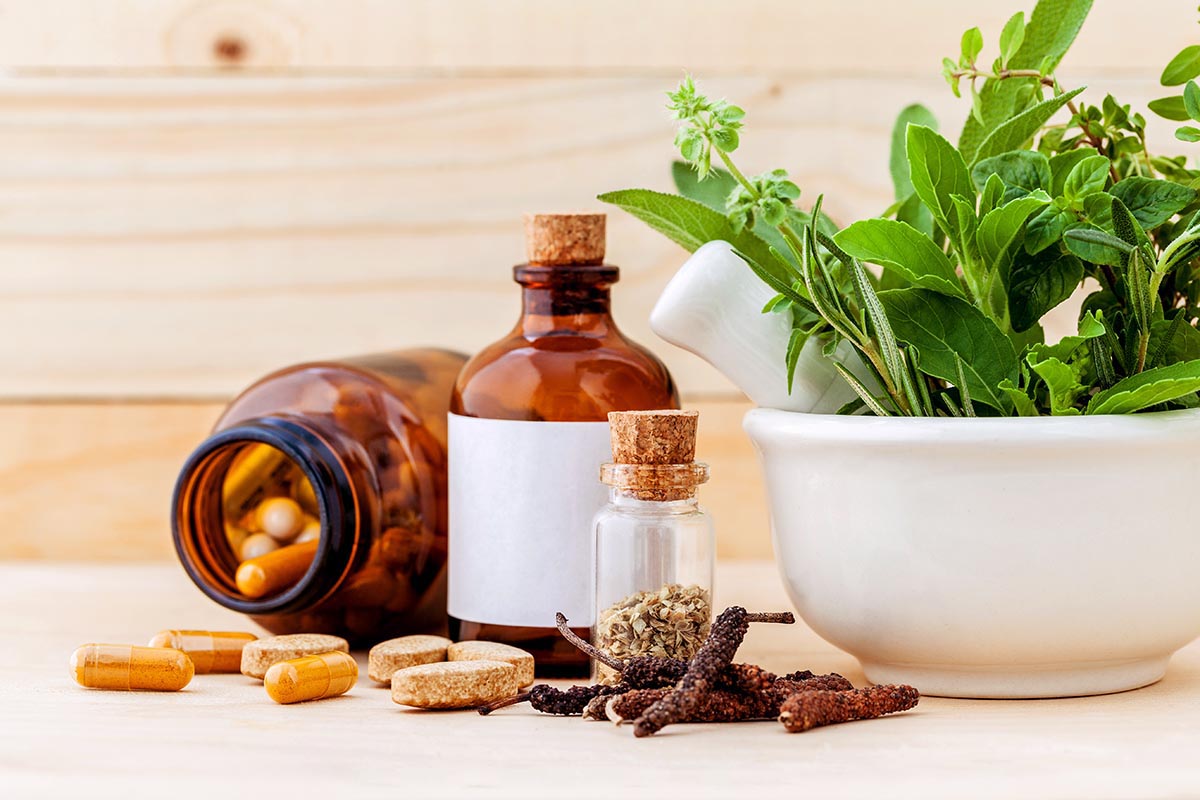
Generally, if you have insomnia problems, like millions of people, it isn’t too much to try to make some lifestyle changes. For example, ensure there are no bright lights around your bed – one of the most known sleep strategies.
Also, consider taking a nice warm bath before bed. And then, in bed, play your favorite soothing music and try to create a sleep pattern. It’s been shown that falling asleep and waking up at the same time every day helps. And so does listening to music or reading in bed.
We hope these few tips have helped you. Sweet dreams!
URL: https://disturbmenot.co/how-
